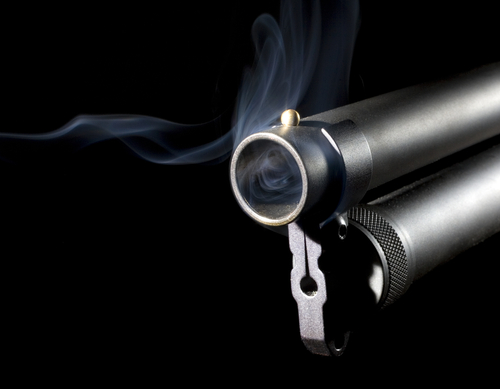On October 31st of this year, a district judge in Massachusetts granted a motion for enhanced damages in a theft of trade secrets case, adding an additional $21 million to a $70 million jury award.
The theft of trade secrets case pitted CardiAQ Valve Technologies, Inc., a Delaware corporation and a unit of Edwards Lifesciences Corp., against Neovasc Inc., a Canadian medical device company. In June 2009, CardiAQ hired Neovasc to manufacture part of an experimental heart valve that CardiAQ was developing – a trans-catheter mitral valve (TMVI), a replacement heart valve that can be implanted using a catheter rather than by open-heart surgery. The parties signed a non-disclosure agreement. READ MORE







